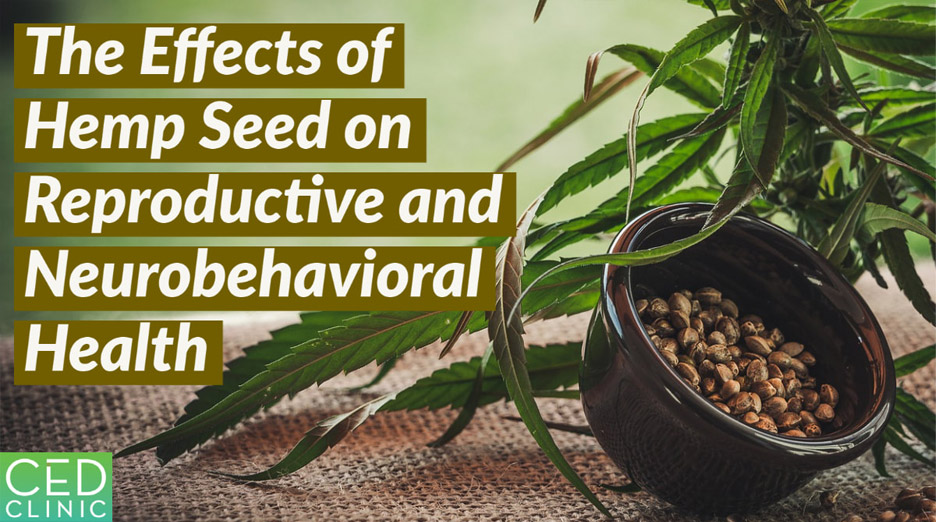Hemp is defined as a cannabis plant with 0.3% or less THC – the compound responsible for the psychoactive effects of marijuana – in constituents. Marijuana, and specifically THC, were found by research on mammals to be toxic for embryos and fetuses as well as to induce various pregnancy complications and organ malformations. In contrast, until recently, not much data was available on hemp seed toxicity for gestative mammals and their offspring. Scientists speculated that given its low THC concentration and its desirable nutritional profile, hemp seeds can be a safe and beneficial part of pregnant women’s diet.
To better understand the toxicology of hemp seeds in the context of maternal and newborn health, a group of scientists recently conducted a research study on female rats during gestation, lactation as well as on their pups up until the peri-adolescence period. These rats were assigned to 1 of 3 dietary groups: 100% hemp seed diet (HSD), 50% hemp seed (mixed) diet (MD), and standard control diet (SCD), with mothers and newborns receiving the same diet. Data indicated that maternal body weight throughout the entire lactation period was decreased in the HSD group compared to the SCD group. In terms of reproductive performances, as quantified by maternal gestational rate, lactation rate and milk yield, as well as offspring postnatal survival rate and size at birth, HSD rats fared significantly worse than MD rats, which in turns fared worse than those in the SCD group. Although pups in the MD group eventually caught up in weights with their SCD peers, pups receiving HSD diet experienced the lower weights and sizes throughout their lives. However, a hemp seed diet did not seem to be associated with delays in the age at which major neurobehavioral and developmental milestones occurred for the pups during adolescence.
Thus, the researchers concluded that hemp seed supplementation leads to a decline in reproductive performances of rats while not having any benefits on their neurobehavioral performances. Based on these findings, they proposed that pregnant women and nursing mothers should be cautious about consuming hemp or any other cannabis derived products.

